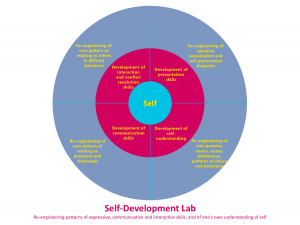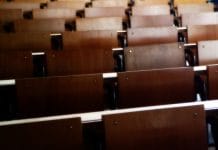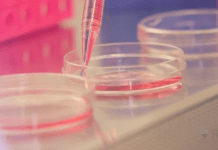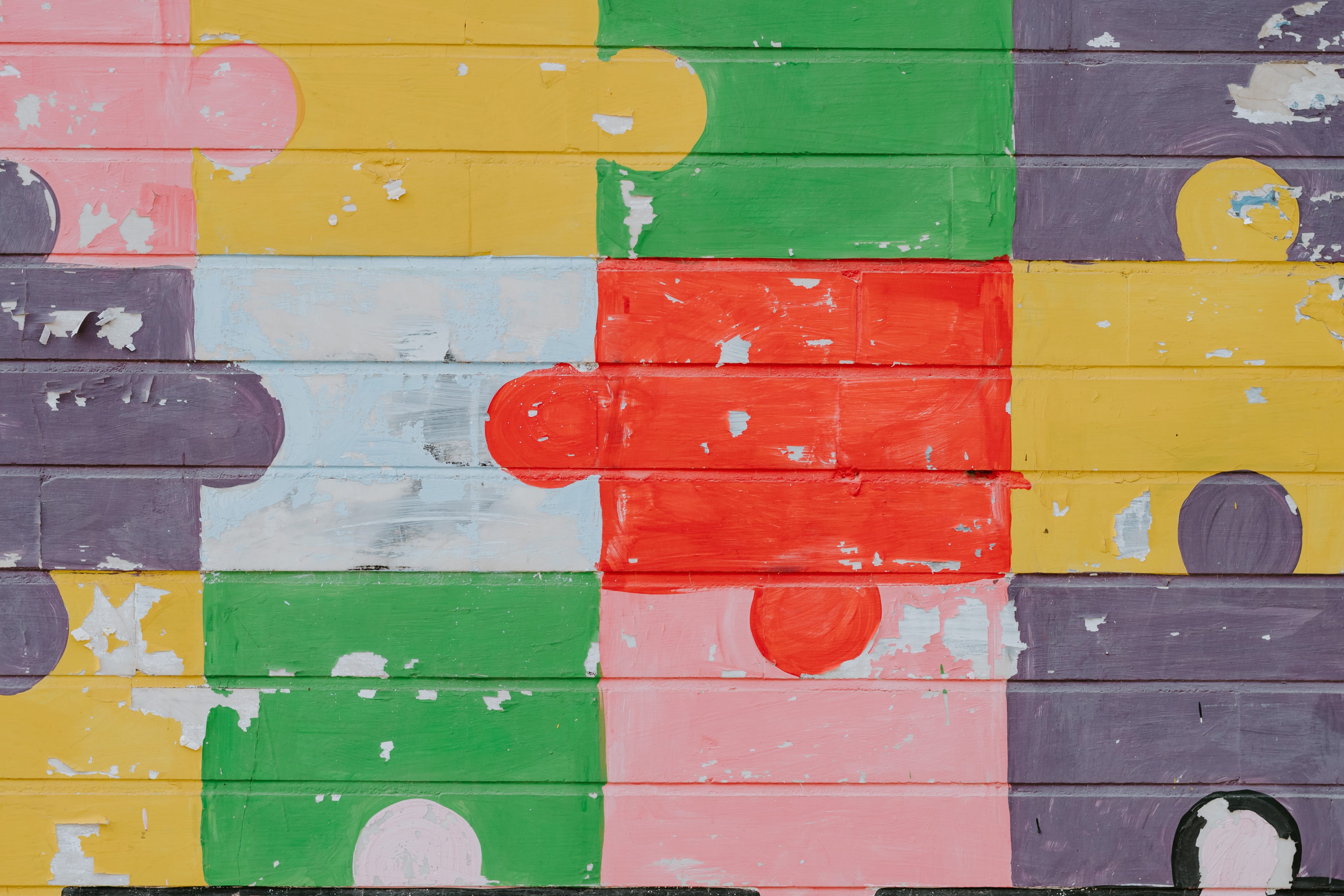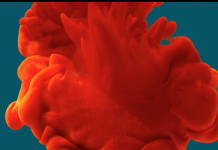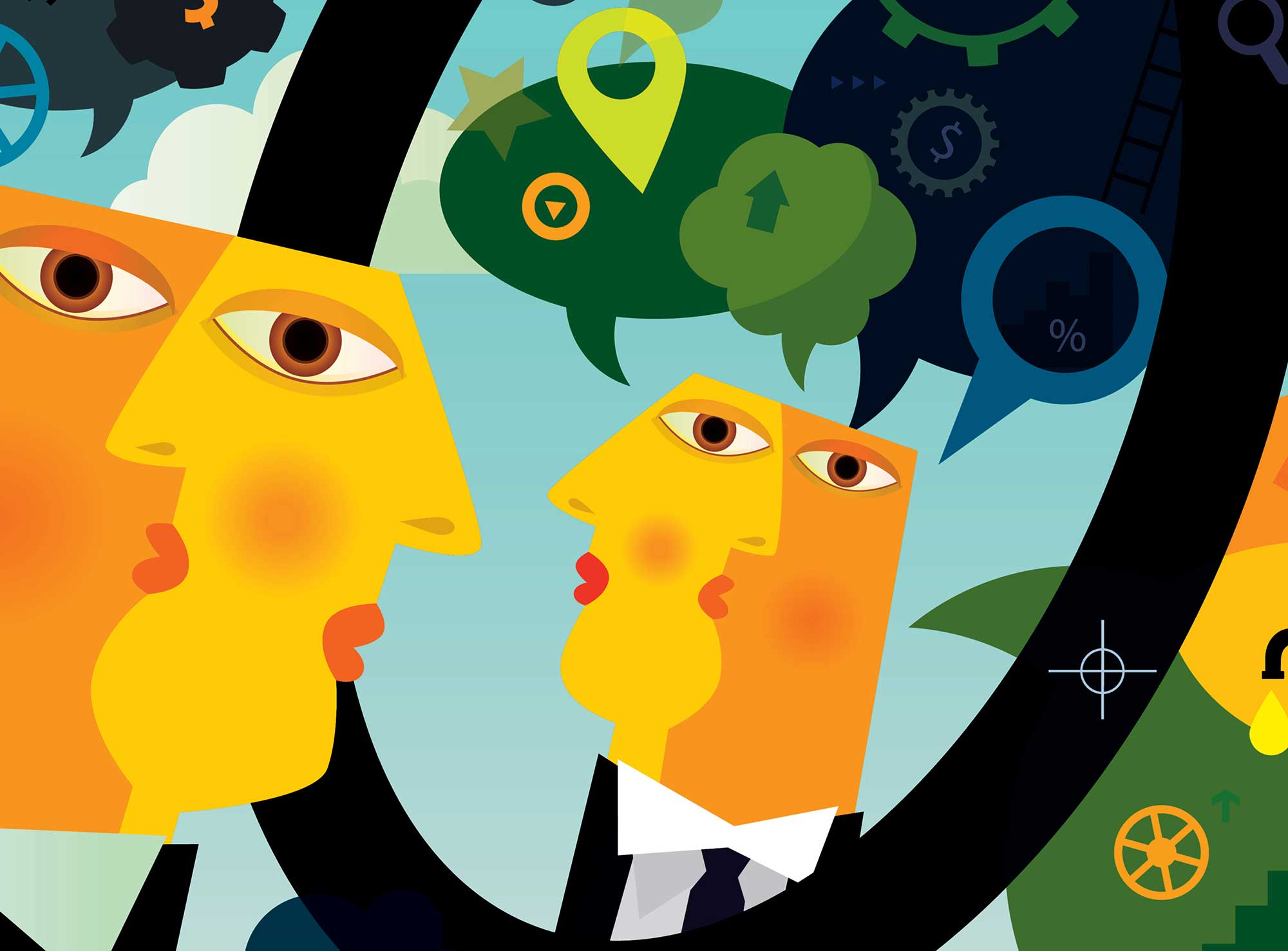By Mihnea Moldoveanu with Duncan MacKinnon
Collaborative problem solving and decision-making skills are now recognized as essential in today’s organizational environment, where over 75% of high value-added work is estimated to take place in groups and teams. Yet, for many MBA programs, there is a massive skills gap that has gone unaddressed. The main components of interpersonal presence – expressiveness, responsiveness, poise, articulateness and empathetic attunement – form an all-important nexus of skills that leading organizations in the new global economy prize greatly and to an increasing degree. In the age of the smart machine, they are the irreducibly human skills that leading organizations look for. At the Rotman School of Management’s Self Development Laboratory (SDL), intensive, personalized, feedback-based learning is used to develop and nurture the communicative, interactive and interpersonal skills of its students. These skills are often considered innate and unlearnable, but in fact, they are more likely to be unteachable using standard methods for developing cognitive skills. Personalized, direct, timely, intensive, accurate feedback makes them learnable.
Unique on the landscape of higher education, the lab setting offers participants the chance to develop communication and interactive skills in a small group setting – four students per instructor. Unlike a course, the participants, not instructors, supply the content, in the form of transcripts and video footage of their experiences, which show them in real interactions, such as presentations and meetings. Feedback is given to each student individually on presence, attunement, connectedness, responsiveness, informativeness – the hallmarks of high quality interactions in organizations. Each element of intentionally produced behavior is referred to as a ‘speech act’ and discussed relative to the communicative intent of each participant.
According to Mihnea Moldoveanu, Professor and Vice Dean of Learning and Innovation of the Rotman School and the lab’s founder and academic director, “A lab creates a space in which we can experiment with our own ways of being. It creates a space of exploration that is safe and safeguarded by a contract of trust and mutual constructiveness.”
Through the use of experts ranging from trained psychologists, professional playwrights and management consultants, learning at the SDL focuses on targeted, precise, immediate feedback for each individual. The feedback for students is aimed at highlighting the gaps between what they had hoped to achieve and the actual outcomes.
As Self Development Lab faculty member James DeStephanis points out: “In the Leadership Development Lab or the Self Development Lab a student could be ineffective and then gain an insight into their own behaviour and see, I’m actually not connecting to people or I’m being dismissive of my audience. They get that insight and the moment they have that, they have it for life.”
The feedback students receive is not used for evaluative purposes, but rather the aim of the lab is to encourage participants to try out new behaviours and register their effects.
These labs are a result of recognizing the skills gap between the demands of top employers and recruiters of business school students and the skills emphasized in most programs. The SDL seeks to redress this gap by making communication and interaction part of the managerial problem solving process, as opposed to something that is added on, as a form of personal polish.
According to Maja Djikic, Associate Professor and Executive Director of the Self-Development Lab, “When it comes to personality development one can’t rely on tips and tricks of the kind people usually use in business settings – shake your hand this way, or try to smile as much as you can – I think that doesn’t quite work. We take personal development very seriously.” Every instance of interaction and public or social presence offers a window into the fears, anxieties, narratives and life objectives of each individual. These emerge in a dialogical process of query-based discovery and appreciative inquiry within the modules of the Lab, which already covers the entire first year of the full time MBA program at Rotman, and has been enthusiastically received in the School’s MBA program for working professionals.
The SDL resolves an age-old divide in higher education between the development of analytical, individual-level skills by traditional methods and the development of communicative skills, including attunement, articulateness, precision, parsimony – along with presence and other forms of non-verbal communication. Rather than having students produce behaviour specially targeted for ‘communications class’ and ‘presentations class’, the SDL is tightly integrated with the first year core curriculum, and uses footage of students making presentations in their classes, their interviews, and their case competitions. The individual-analytic component and the relational-communicative components of leadership skill are developed together, in a unified fashion.
“The hope that we have for every student of the Leadership Development Lab is that they take away with them a broadening of their awareness and understanding of themselves and others,” says Mihnea Moldoveanu.
